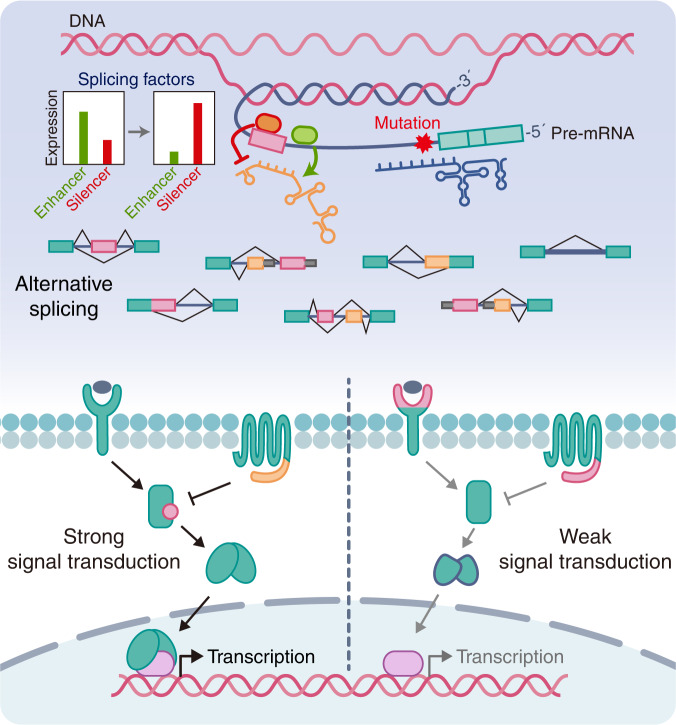Fig. 4. Roles of alternative splicing in cell signal transduction.
Splicing factors systemically activate and regulate the alternative splicing of target gene pre-mRNA. A subset of genetic mutations induces aberrant alternative splicing. Alternative splicing produces multiple mRNAs, which increases proteome diversity. Splicing isoforms with differential functions induce the expression of specific gene sets by fine-tuning various signal transduction pathways. Therefore, dysregulation of alternative splicing leads to numerous human diseases.

